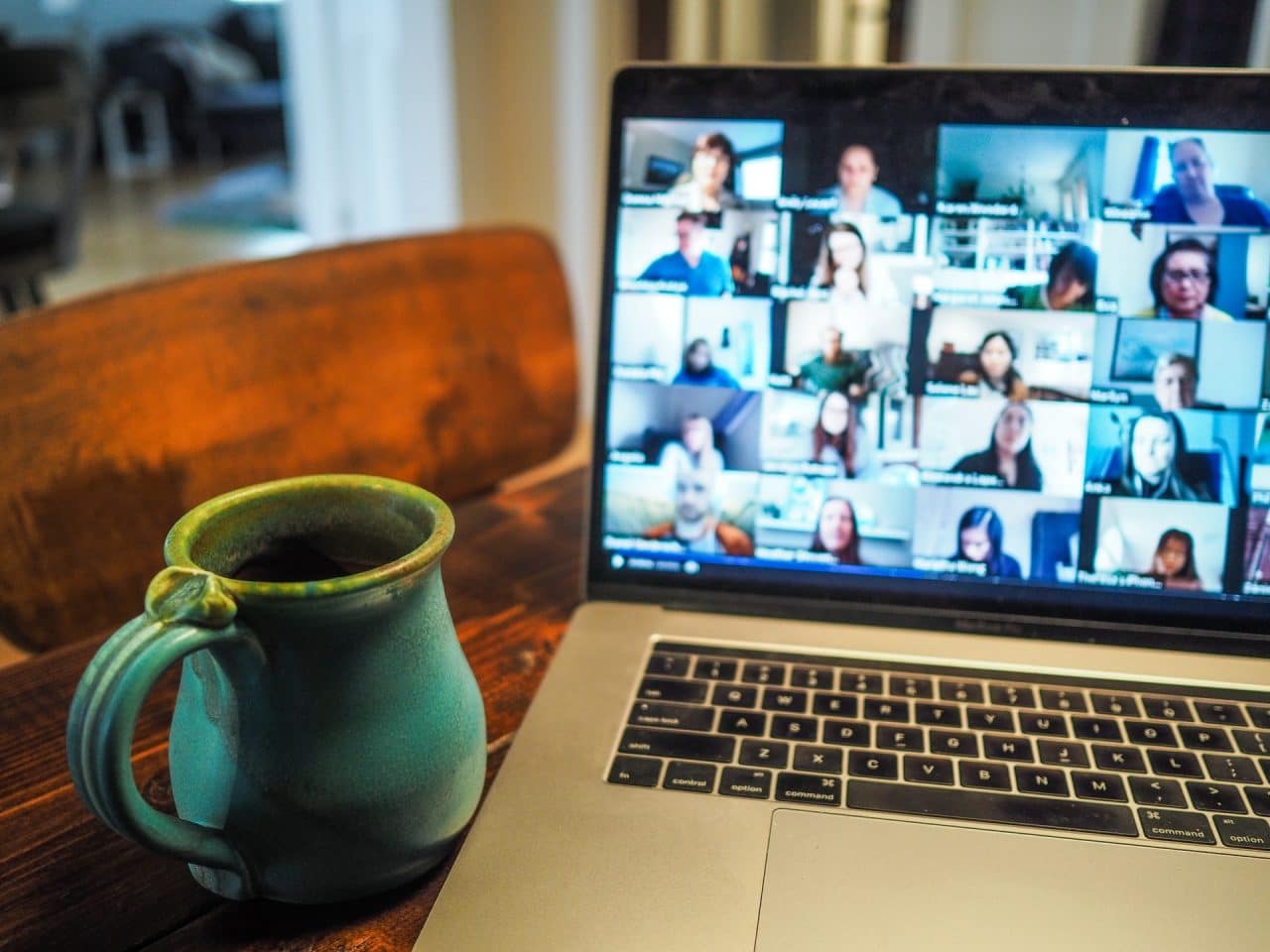With coronavirus forcing us to substitute video conferences for conference room meetings and FaceTime calls with friends for in-person game nights, people across the nation have been discussing the new phenomenon known as “Zoom fatigue.” But this feeling is not new – and it’s certainly not new for the deaf and hard-of-hearing community.
What Is Zoom Fatigue?

Zoom fatigue describes the social, emotional and at times even physical drain that a person feels after participating in a video call. But it has another name used by audiologists and researchers – “concentration fatigue.”
“It’s not necessarily persistent fatigue but surely a measurable increase in listening effort,” explained Mario Svirsky, professor of hearing science at NYU Langone Health medical center. “A little noise in the background can bring you over a tipping point where communication becomes much more difficult and you have to do a lot of work. You may participate in a meeting focusing on everything for the full two hours and, at the end, you are wiped out.”
The point is, the feeling you experience after a frustrating Zoom call is something that people with hearing loss experience after daily social interactions.
How Zoom Fatigue Mirrors Concentration Fatigue
There are several key complaints that people have about Zoom calls that those with hearing loss also encounter: unavailability of non-verbal cues, difficulty making out what is said and feeling “on” at all times.
Non-Verbal Cues
Even though Zoom calls have video capability, poor internet connection can cause video to freeze or skip, poor lighting can leave you unable to see other participants and wireless headsets allow the speaker to walk away from their webcam, leaving the attendee unable to utilize visual cues and body language to follow along.
Similarly, people with hearing loss rely on visual cues from their conversation partner, but people tend to have conversations from separate rooms, while talking/chewing so the mouth is obstructed or while walking so both people are facing away from one another.
Bad Audio
Cheap microphones and poor connection can also cause audio to skip or sound distorted, so listeners have to fill in the blanks when they miss a word or phrase. People with hearing loss experience this daily, and have compared it to piecing together a jigsaw puzzle.
Being “On”
All these factors combined make it so listeners must pay close attention and focus on what is said to follow along. This mirrors how people with hearing loss must be “on” during every social interaction.
For more information about concentration fatigue or to schedule an appointment, call Willamette ENT today.
“I came to be under Dr. Donovan's care during a medical emergency at the hospital. The care I received that day and in every interaction after, at Willamette ENT has been prompt, professional and very thorough. I feel very well cared for.”